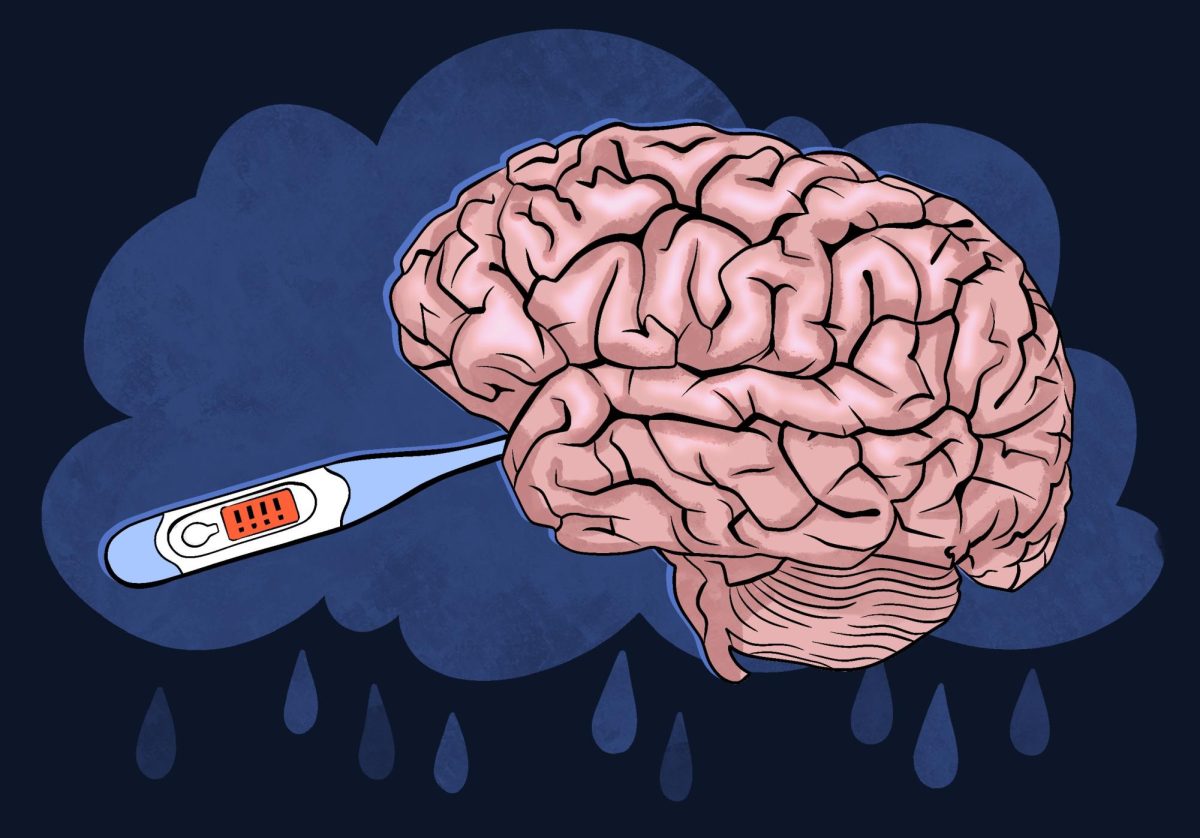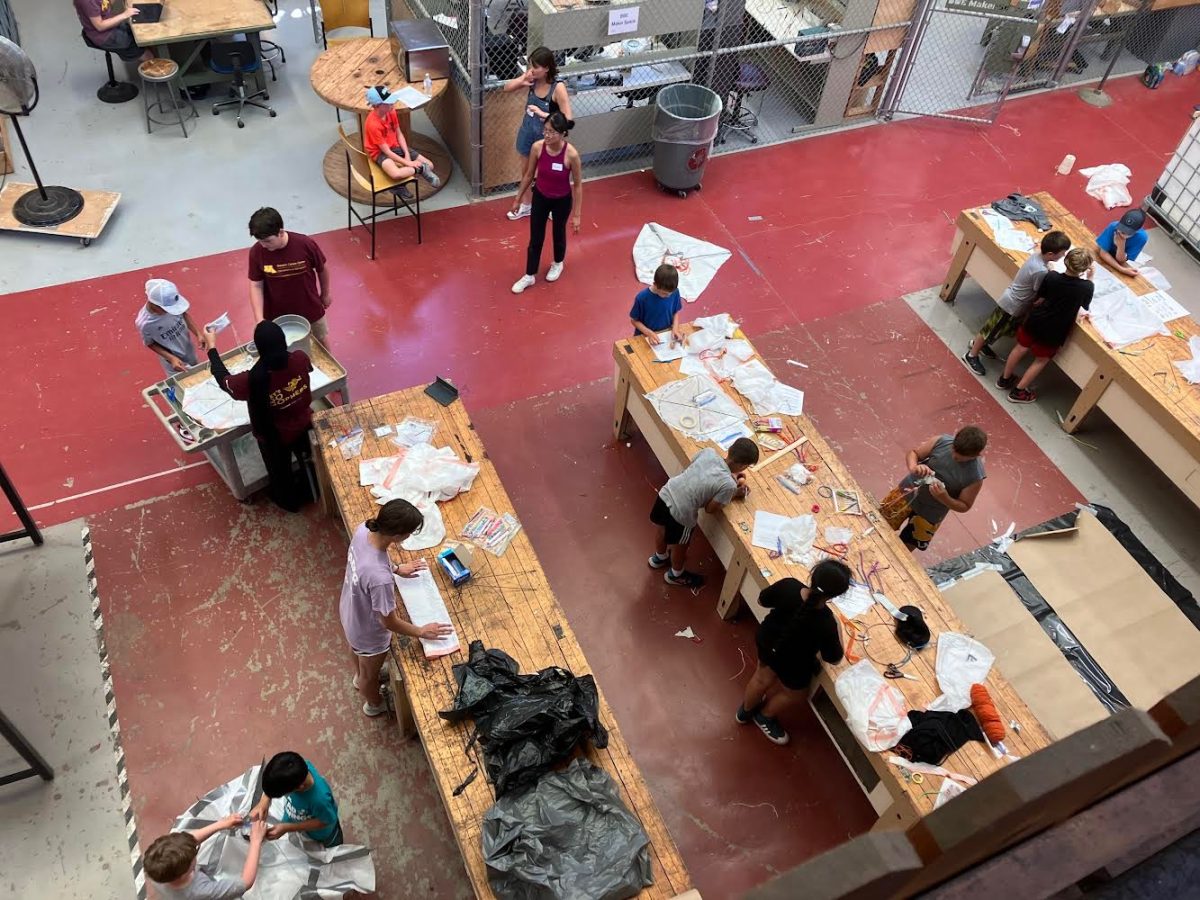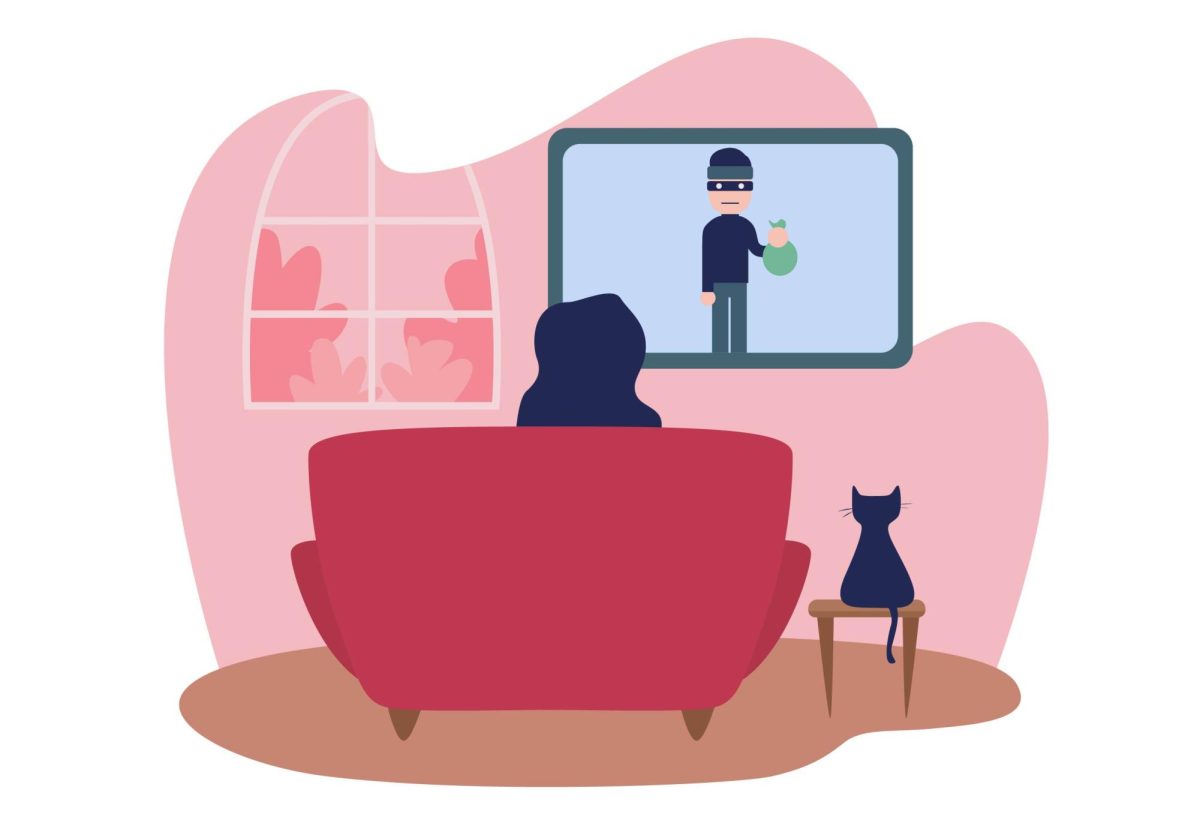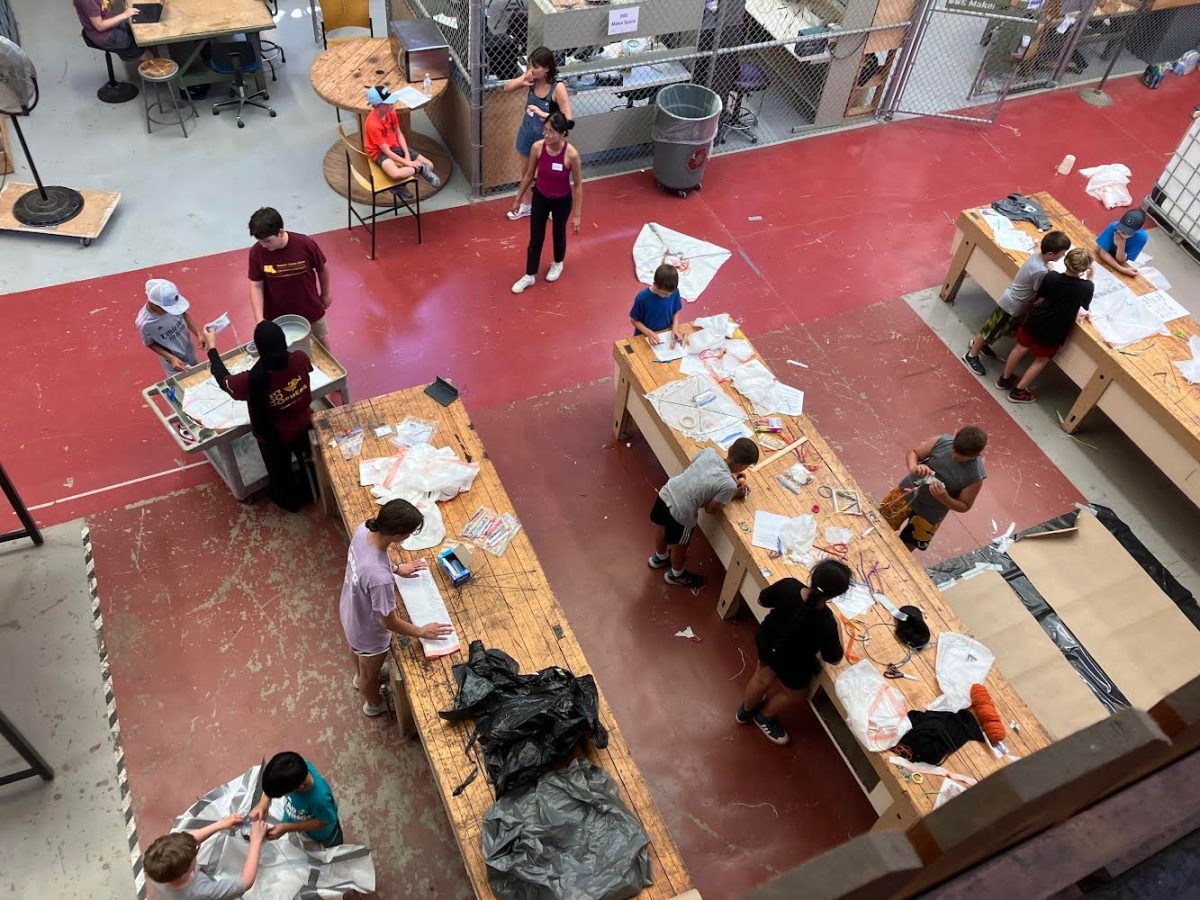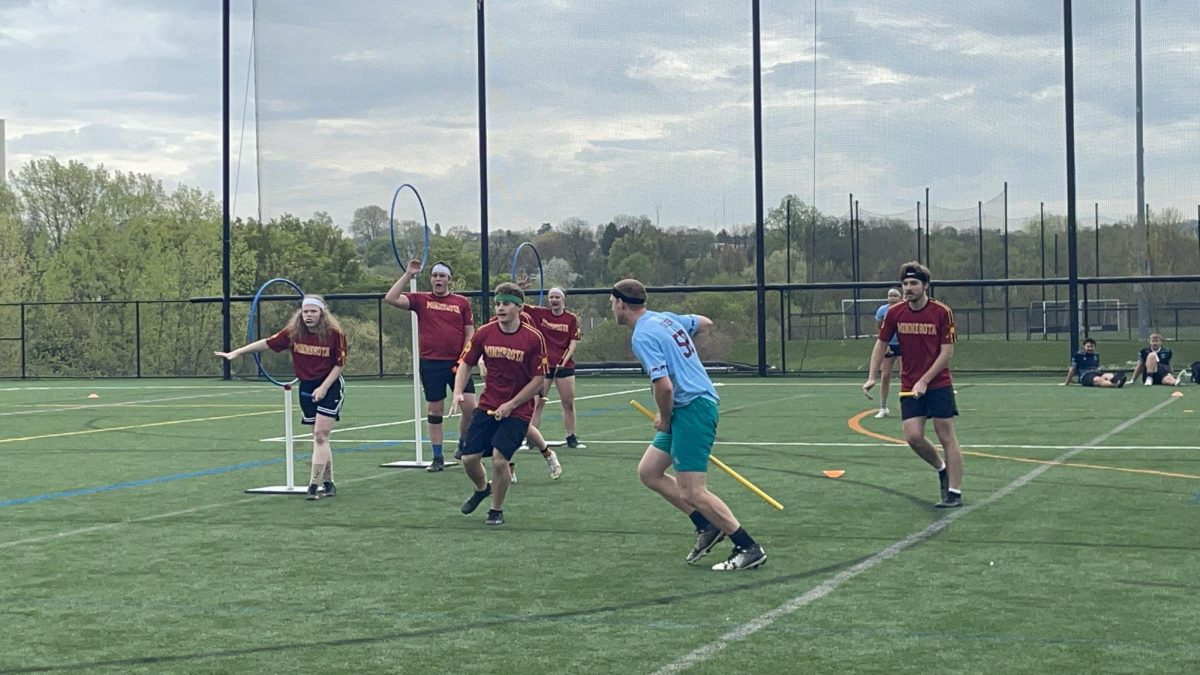The University of Minnesota’s Recreation and Wellness Center (RecWell) offers a variety of group fitness classes on East Bank and St. Paul campus, allowing students to get away from school work and to exercise their bodies.
The RecWell offers 12 different group fitness classes like cardio dance, rhythm cycle and pilates among others. Group fitness classes take place seven days a week and at different times, according to the RecWell’s website.
A FitPass is required to take any fitness class at the University. The pass costs $37 for students and $45 for non-students for the entire semester. More than a thousand people have signed up for the FitPass for group fitness classes, according to Cody Mikl, the director of facility operations at the RecWell. He said student participation at the RecWell is very strong this year.
“We have a lot going for us,” Mikl said. “We’re very proud of what we have here.”
Mikl said there are many benefits of physical activity.
“It’s good for your wellness, your body, to improve your muscular strength, which are important things even when you’re young,” Mikl said.
Teagan Londo, a third-year student at the University, said she plans on taking five RecWell group fitness classes this semester. She likes customizing classes to what each individual needs.
Londo said the classes help get her out of her apartment and give her a break in her day. Rhythm cycle is her favorite class, according to Londo.
“I just feel so good after, it’s almost like a TED Talk plus exercising because the instructor makes me feel so good about myself,” Londo said.
Pedal to the music
Rhythm cycle is offered 19 times a week for 45 minutes. The goal of the rhythm cycle is to bike to the beat of the music.
The soundtrack to each class varies from artists like Hozier to Megan Thee Stallion. Instructors crank the music up loud but offer foam earplugs for participants who want to protect their hearing.
Based on the song, the instructors give different instructions about how fast to pedal. Throughout the class, the instructor includes choreography like clapping or using a resistance band to work out the upper body.
Izzy Glendenin is in her third year at the University and has been teaching cycle classes at Recwell since her freshman year. Glendenin wants her classes to be the most fun part of people’s days.
“It’s all about self-confidence and I want them to leave feeling confident and proud of themselves for working out,” Glendenin said.
Cycle classes are accessible for anyone of any fitness level, Glendenin said. Everything instructors recommend are suggestions and participants can take the class at a comfortable pace.
“We always talk about not only welcoming people in but making them feel like they belong,” Glendenin said.
Slow and controlled
Pilates is another group fitness class offered at RecWell. Pilates is meant to increase participants’ strength, stabilization and flexibility to energize people’s bodies, according to the RecWell’s website.
The class takes place on a mat and moves through working out different areas of the body: core, lower body and arms. Exercises like bicycle crunches, glute bridges and arm circles are included.
Instructors guide participants to be slow and intentional in their movements and offer several variations to each exercise. Instructors emphasize the importance of doing what feels good for your body.
Norah Hughes, a first-year student, said she started taking group fitness classes the first week of the semester. Hughes said she comes to classes to take a study break and because her mental health feels better after a group fitness class.
Dance, dance and dance some more
Cardio dance, a group fitness class offered at the University, is a high-energy class, similar to zumba.
The instructor stands at the front of the room and encourages participants to follow along to their dance moves.
The class soundtracks are filled with hip-hop and R&B. Instructors tell participants it’s okay to do the moves wrong, as long as you keep moving your body. Participants high-five each other and cheer throughout class.
Mikl said by going to classes, participants might start seeing the same people and gain social benefits.
“Getting engaged with the broader campus environment and eventually getting ingrained into the fabric of campus,” Mikl said, “is important to academic success.”




